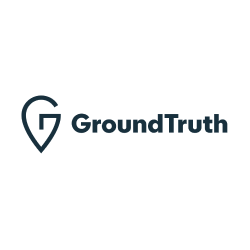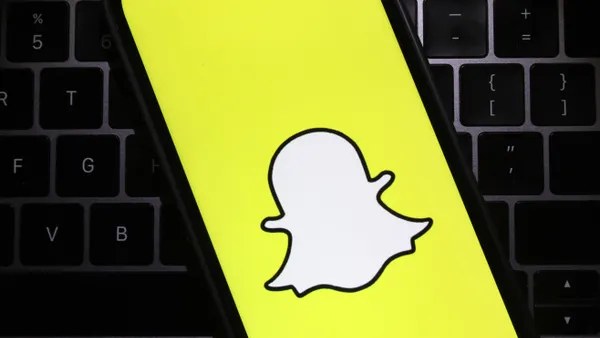Dive Brief:
- Ad spending on Facebook has mostly bounced back after slumping from March to May this year in the wake of the Cambridge Analytica scandal, according to a C3 Metrics analysis provided to Marketing Dive. However, advertising ROI, calculated as attributed revenue dollars converted from advertising dollars spent on Facebook, has not recovered. ROI on Facebook advertising decreased from an index value of 2 in April to below 0.5 from May to August, according to C3. The the firm did not indicate how it determined the value of the index.
- Average Facebook spend per month was about $140,000 in January 2018 and dropped to under $20,000 in May. It was back up to just over $120,000 in August. And while advertisers may be returning, the social network has yet to fully regain the trust of users, who may be growing warier of brands advertising on Facebook, according to C3.
- "Because of the advertising data scandal surrounding Cambridge Analytica and Facebook's own TV campaign highlighting its error, consumers are far more suspicious of brands advertising on Facebook than ever," Jeff Greenfield, COO at C3 Metrics, said in a statement. "Between this…increased spend and competition for eyeballs coupled with lower ad load in FB feeds, advertisers are no longer seeing the ROI from Facebook they once enjoyed."
Dive Insight:
At the height of the Cambridge Analytica scandal, a handful of advertisers, including Elon Musk's SpaceX, Mozilla and Sonos, pulled their ads from Facebook as a form of protest. The platform seems to have recovered in terms of winning back advertisers' business, but that business might not be performing as well as it once was as the social network's reputation among users continues to be battered by scrutiny over privacy practices, fake news and more. With the ability to generate ROI on Facebook diminished, marketers might be tempted to shift their digital spend elsewhere.
There are a growing number of alternatives, with Amazon being the biggest potential threat to a digital advertising space that has been broadly commanded for years by Facebook and Alphabet's Google. Facebook posted $13.2 billion in revenue for Q2 2018, a 42% year-over-year increase, but the company's growth rate decelerated about 7 percentage points and further deceleration is expected.
This week, eMarketer released new digital ad projections, showing that Google and Facebook's combined digital ad revenue share will drop to 57.7% this year from 59.1% in 2017. Facebook will control 20.6% of the market, according to the researcher. The declining share is due to Amazon's growth, with eMarketer increasing ad revenue projections for the company to $4.61 billion in 2018, giving Amazon a 4.15% share of the digital ad market and making it the third-largest platform, beating Microsoft and Verizon's Oath.
Facebook has announced a slew of new features over the past few months to boost transparency on the platform, help marketers track ROI and regain favor with advertisers and consumers. The company recently added publisher lists and publisher delivery reports so that advertisers can see where their ads are being delivered online. Facebook also rebranded Canvas ads "Instant Experience" ads and introduced new capabilities, including letting advertisers integrate Facebook Pixel and third-party pixels into their Instant Experience campaigns to help them track engagement and compare campaign performance.












